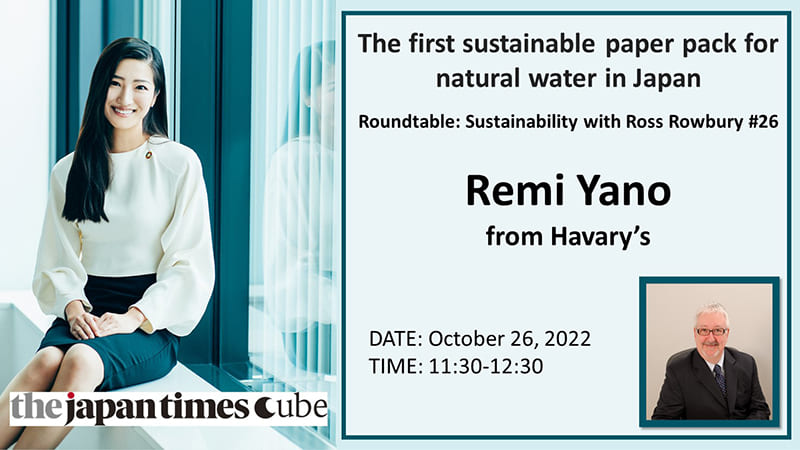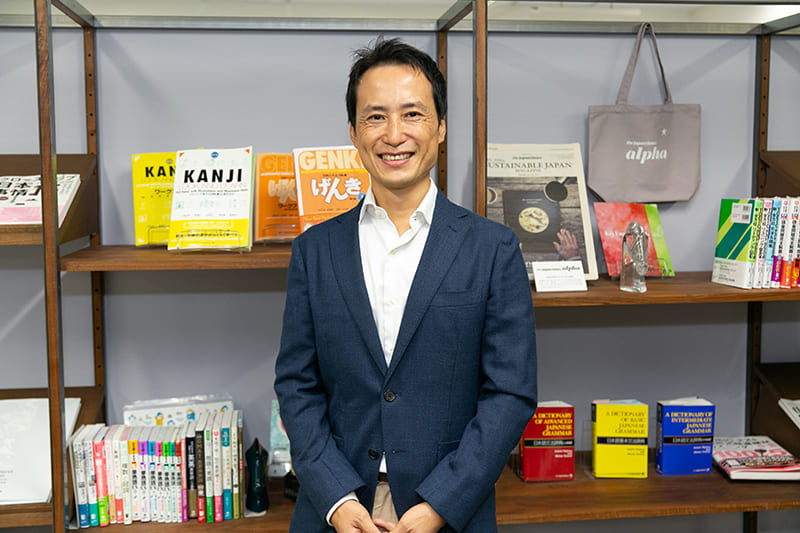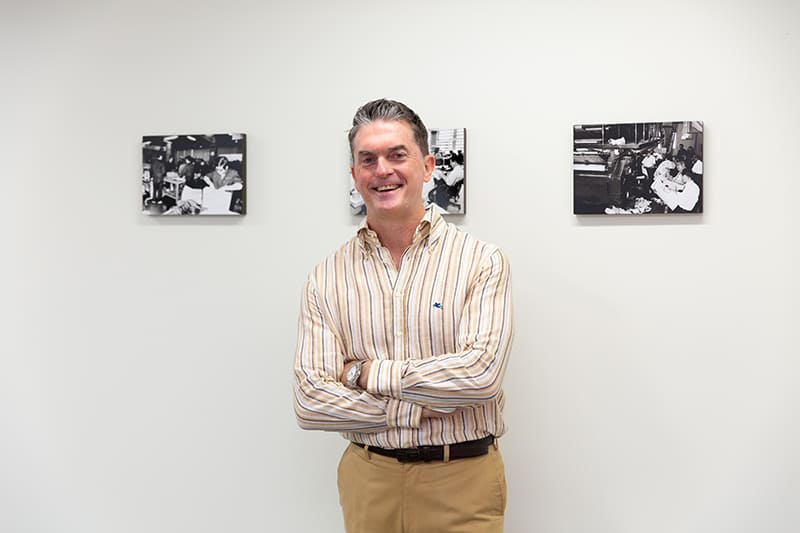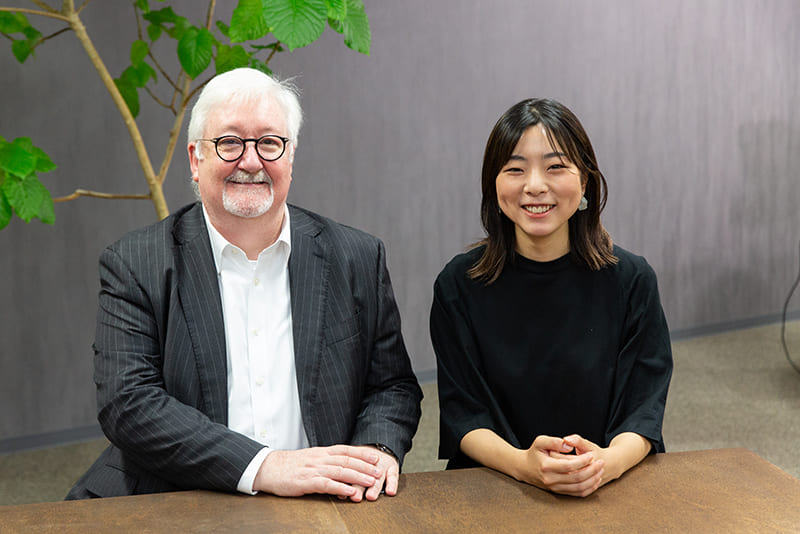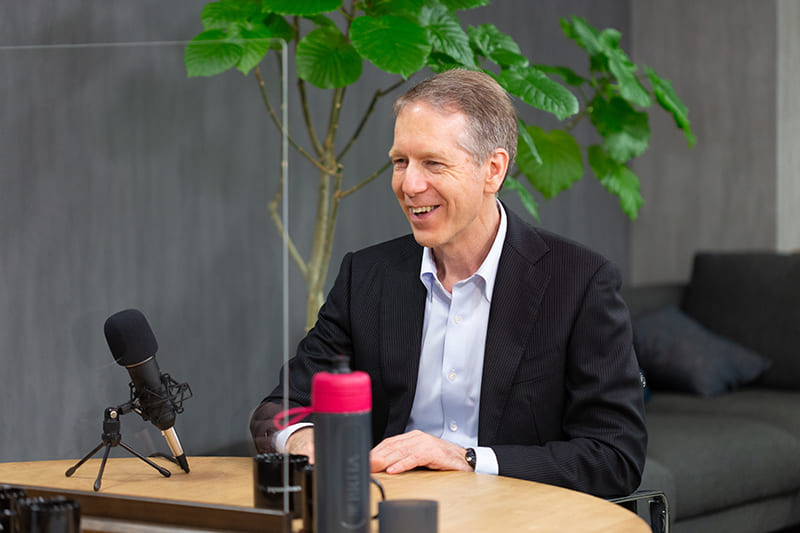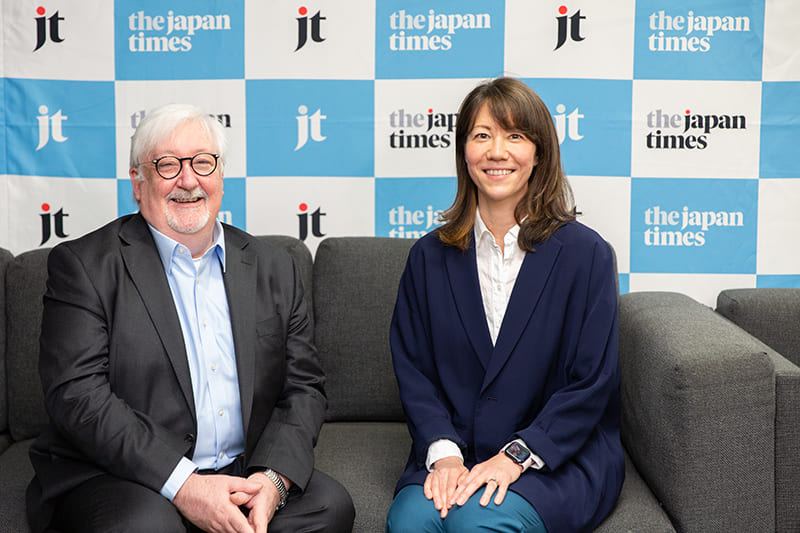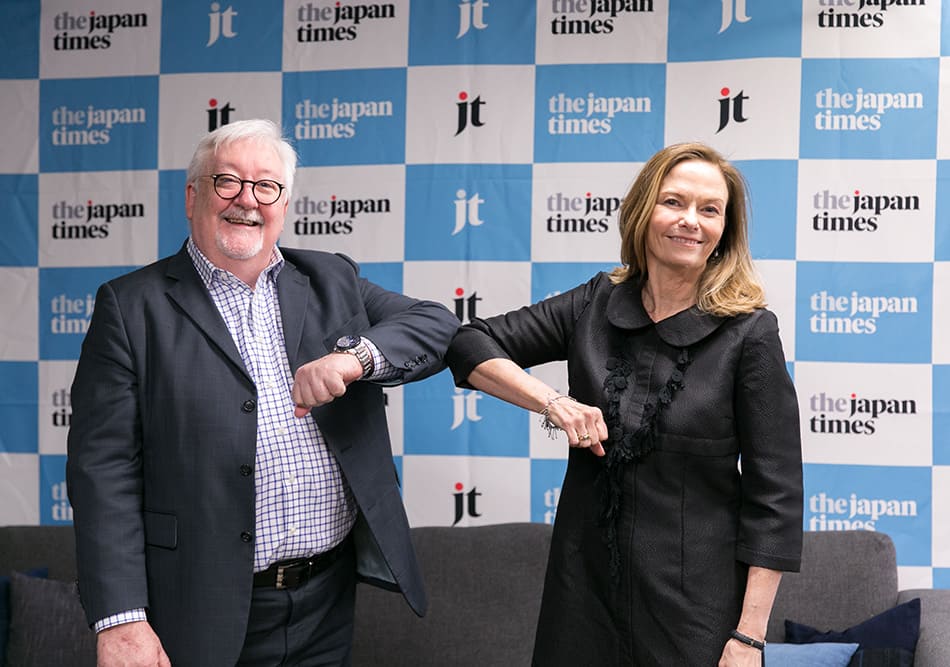January 13, 2023
Havary’s recyclable paper bottles make water special
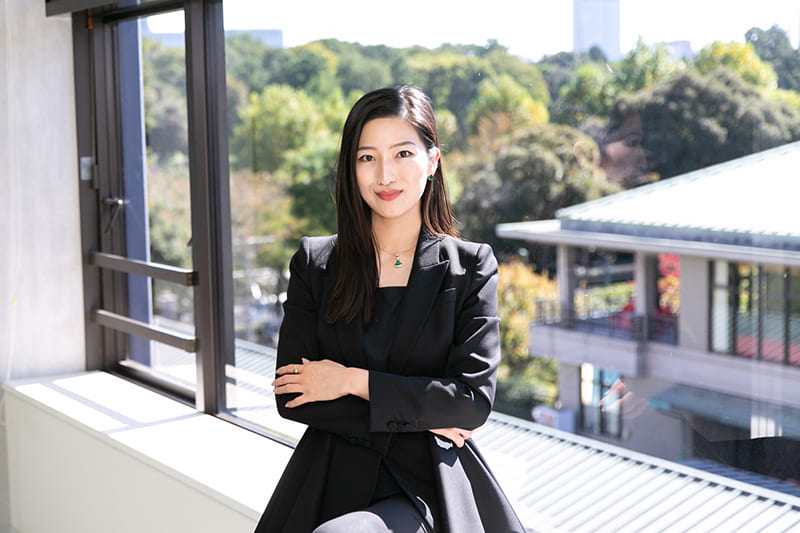
Perhaps the primary issue in achieving sustainable targets is not an absence of awareness but a lack of something far more critical: gratitude. Most people think water simply exists, like air, and take it for granted. But water is a sublime resource.
Water is the lifeblood of our planet. Just as the blood that the heart pumps sustains a person’s life, water nourishes and sustains all living things on Earth. And just as we cannot survive without a healthy heart, we cannot survive without access to sources of clean, abundant water.
Sometimes we can be a little ungrateful for the most important things in life, and water is one of them. This lack of appreciation can manifest itself in all sorts of ways, like leaving the tap running while we brush our teeth or taking marathon showers (because a 15-minute shower is just not enough). But such a lack of gratitude is manifested not just in people’s personal water-wasting habits. Some industries do not seem to understand the value of good water and so they pollute or overextract it for profit. It is a good thing water is so forgiving, or we would be in trouble!
Remi Yano, the founder of the natural water company Havary’s, kindly received the seat next to Ross Rowbury at The Japan Times Sustainability Roundtable for its 26th iteration. Together they discussed the significance of water and how her company is pioneering recyclable — and fetchingly designed — paper packaging for water in Japan.
Springs and flying horses
Japan had no paper-packaged water until Yano decided to fight for novelty, ultimately launching her product in July 2020. Yano’s appreciation of nature has given her a visible passion. Her family owned the sources of springs in Kyushu, which armed her with the necessary familiarity to pivot from plastic bottles to their sustainable alternative.
When the environment gets tough, exceptional entrepreneurs venture into the cold rather than seek cozy shelters. Yano’s company had to survive not only as a startup, but also amid the troubles of a global pandemic. “It was probably much harder for you to make appointments,” Rowbury commented. “You had to compensate for that, so in a sense the pandemic aided you to evolve that sales practice from the traditional physical presentation to something probably much more centered on the natural appeal of the product.”
Enter Pegasus, the mythological flying horse. The company’s first springs is located in the Oita town of Habarei, whose kanji mean “winged horse gratitude.” “That stirred the logo design that centers the bottle,” explained Yano. “I also hoped our products would go up and beyond like a Pegasus.” People can flatten the bottles and put up to 180 in a tailor-made box, which they can then exchange for a free 12-roll box of toilet paper. “Even after flattening the packages, putting them away with the garbage is still relatively easy. Perhaps that exchange is the sort of motivation necessary to trigger action,” Rowbury observed.
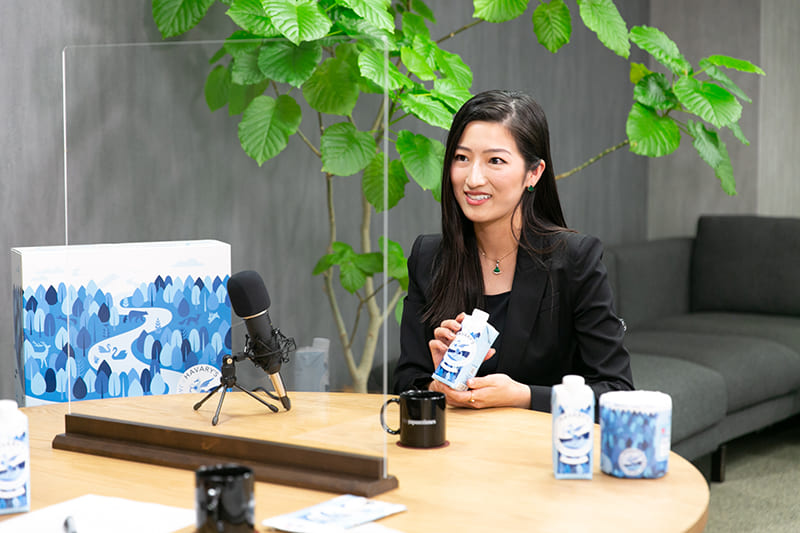
A ruthless aesthetic bias
In the competitive beverage industry, it can be difficult for water brands to stand out and differentiate themselves from one another. Yano recognized this challenge and sought to overcome it by turning water into something more than just a functional commodity. By creating a story and emotional connection to the product through its packaging and design, Yano’s company, Havary’s, has been able to differentiate itself and make a lasting impression on consumers.
Yano has transformed a commodity from a strictly functional item into an emotional practice as an entrepreneurial solution to getting recognized in a brutal market. “Water is supercompetitive in the beverage industry in terms of pricing, as it’s challenging to distinguish the brands. Unlike wine, coffee, or tea, water is water. Thus, there had to be a story to the product and an extension of value,” Yano explained.
Design enhances function, frames it and adds “the spin.” A product’s packaging is like a first handshake. Shape, color and an alluring presence create a memory: the soul of the brand. “Design is of the essence, especially for people who aren’t interested in the environment, recycling or donation systems,” Yano said. When a basic product is given a story, the emotions attached to the story bring it to life. “You’re also not only giving them a product,” Rowbury commented, “but more importantly, a platform in a sense, making it much easier for them to participate in the curated experience of changing their lifestyle.” People simply become charmed by the story, its smooth value delivery and its visual branding.

Moving with focused speed
“My fuel is attaining the focus required to achieve my goals. However, I constantly find myself surrounded by ‘counseling’ voices with which I battle and yearn to shut down to retain my focus and speed. It is crucial to move into the production phase as fast as possible,” Yano said.
Rowbury said people can sometimes be too tied up by the complexities of today’s society and its myriad choices. “A mentor of mine used to say that it doesn’t matter how brilliant your idea is, unless you implement it, it never gets any bigger than the brain cell that started that idea,” Rowbury recalled. He added that one should move with speed because the competition is always just a couple of steps behind.
By enabling innovation in Japan’s primarily male-dominated manufacturing and retailing industries, Yano aspires to qualify as a model for the younger generation, particularly women. “The ability of a person to bring value to society, whether a young woman or an old man, whatever their background, far exceeds their gender or age. I hope people become more confident and unbothered by unconscious bias uttered by the media,” Yano said.
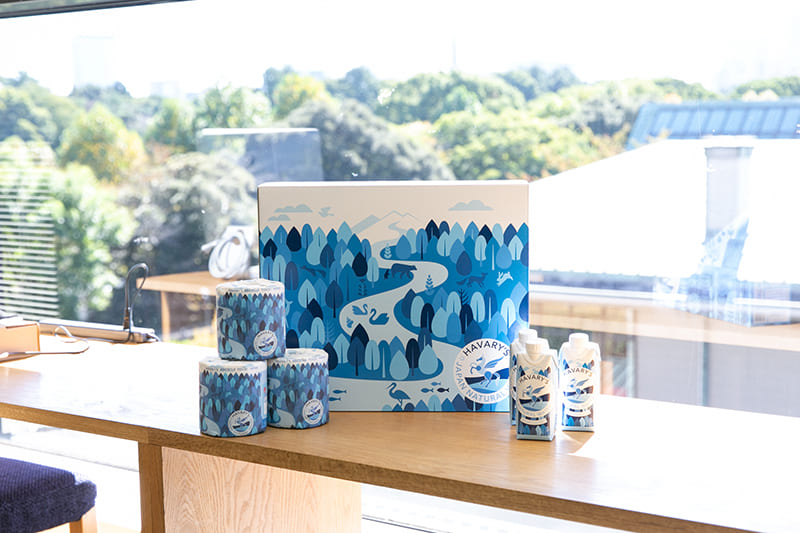
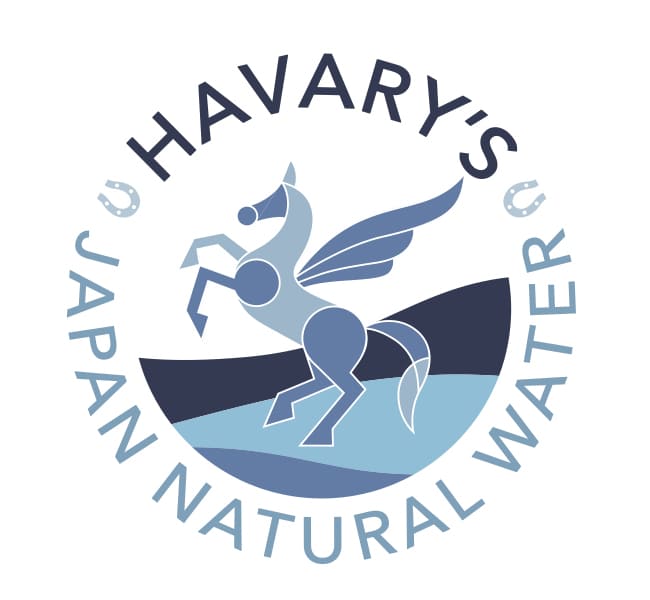
To truly address the issue of water sustainability, we need to cultivate a deeper appreciation for this vital resource. This could involve education programs that teach people about the importance of water and how to conserve it, or initiatives that reward individuals and businesses for adopting sustainable water practices for good practical reasons (water bills are not fun). By fostering a sense of gratitude for water and recognizing its true value, we can work toward a future where this precious resource is protected and conserved for all.
Water is like the foundation of a house. It may not be the most glamorous or visible aspect of a home, but it is crucial for its stability and functionality. Without the basic foundation of water, life on Earth cannot thrive.
Much human satisfaction derives from things that are the most essential, yet often taken for granted: clean water, good food, sunlight, and a firmly rooted self-understanding.

